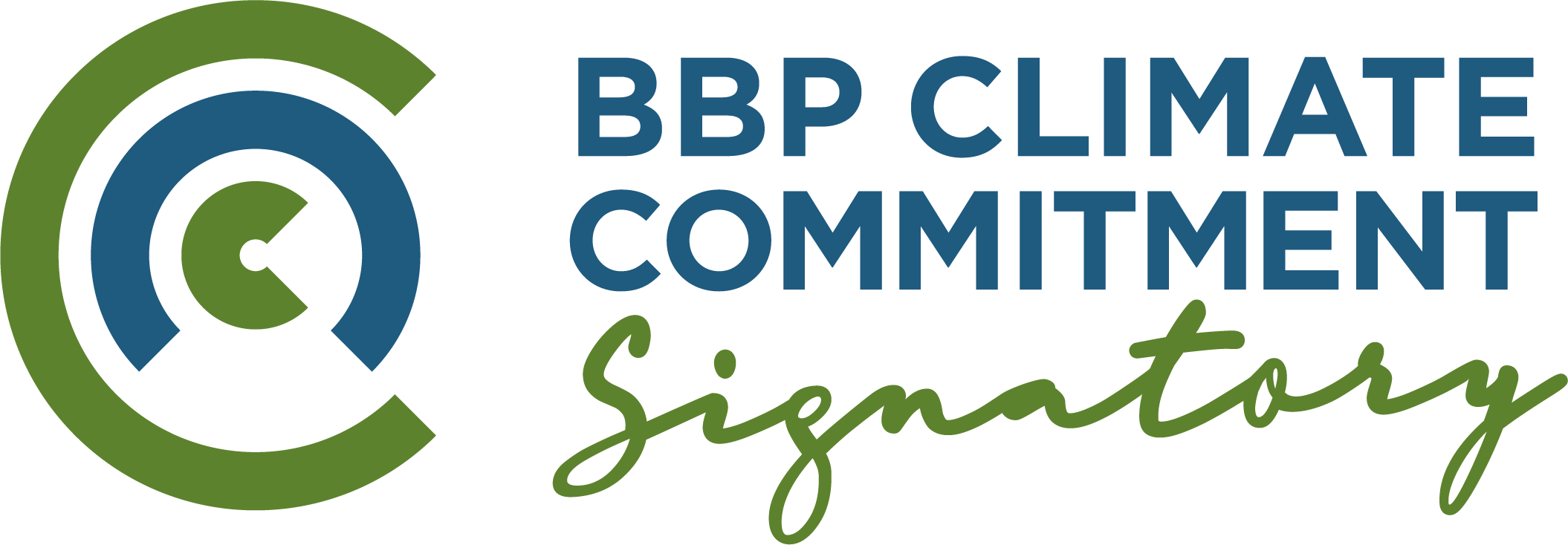Transport for London
Transport for London (TfL) is the integrated body responsible for London's transport system. TfL manages the planning and delivery of London’s buses, the London Underground, London Overground, Docklands Light Railway, London Trams, London River Services and the Victoria Coach Station. As well as regulating taxis and the private hire trade, it also manages 580km of the capital’s roads, runs the central London congestion charging scheme and works closely with the rail industry.
TfL owns and occupies property including the Tube and bus stations and associated buildings - a portfolio that includes over 3,000 operational and non-operational locations, along with over 400km of track. The portfolio generates both residential and commercial revenue and provides accommodation for over 20,000 staff in offices and operational locations.
Improving the sustainability of its buildings is key to TfL meeting the Mayor’s target of reducing CO2 emissions by 60% by 2025 and improving energy efficiency, reducing waste and driving down costs.
Many of the challenges in achieving this, from improving new and existing buildings, increasing decentralised energy and promoting behavioural change are common to all organisations and the BBP by bringing together an incredibly broad range of property industry skills and expertise fulfills a crucial role in sharing the knowledge and best practice required to achieve London’s common goal of reducing carbon emissions.
Key Facts
- 70% of newspapers, plastics and cans left at tube stations gets recycled
- 4,000 ha of land around the tube's tracks are safe haven for wildlife
- Energy-saving measures achieves 25% energy of train brakes to be saved
*Please note that the information on this page was supplied by the BBP Member and the BBP assumes no responsibility or liability for any errors or omissions in the content

